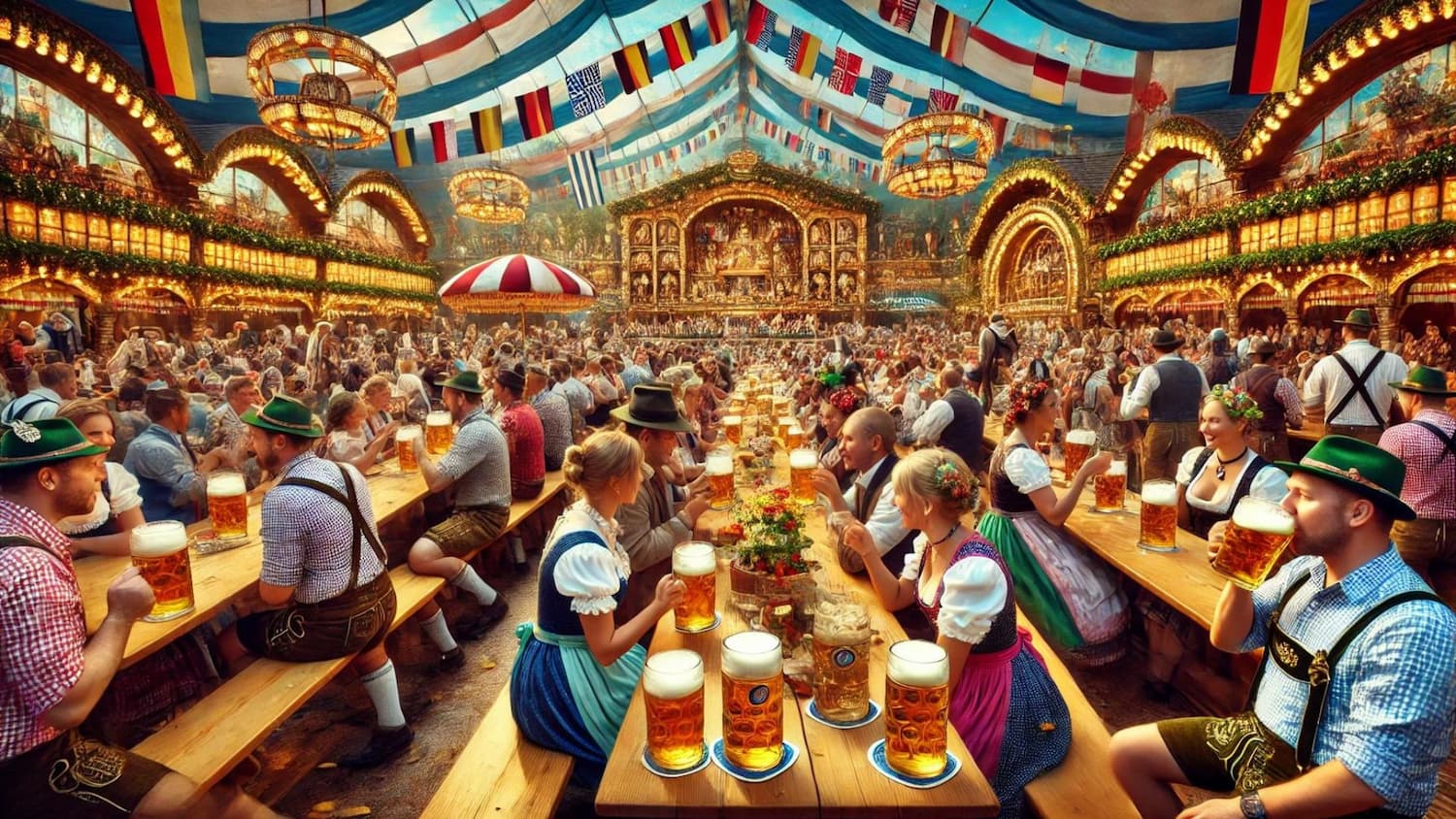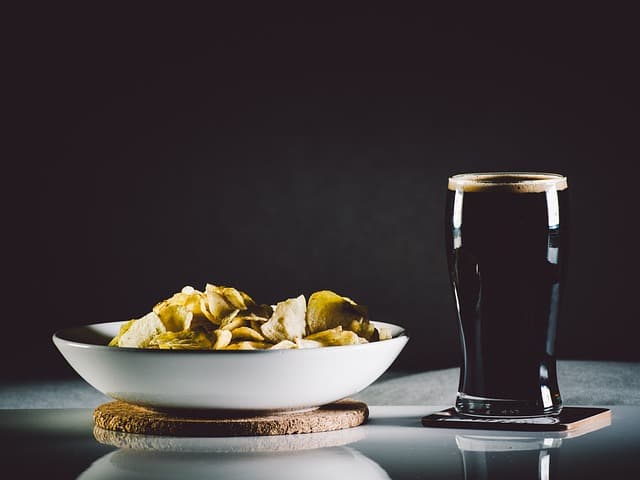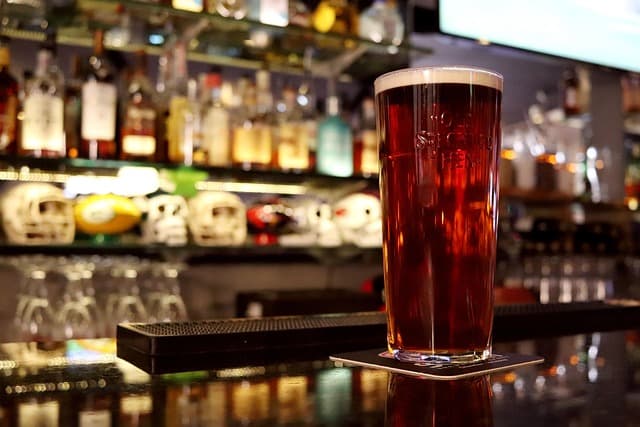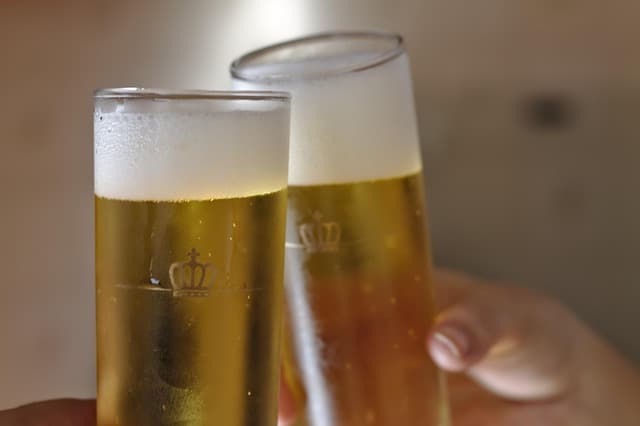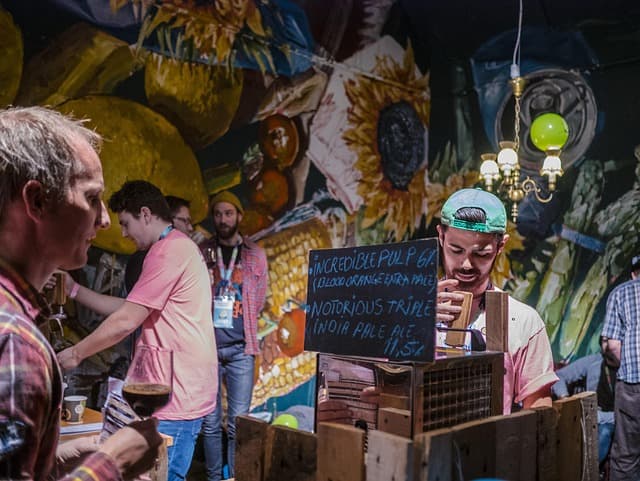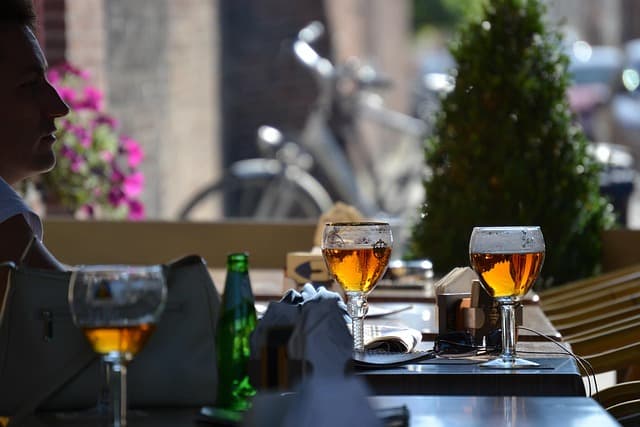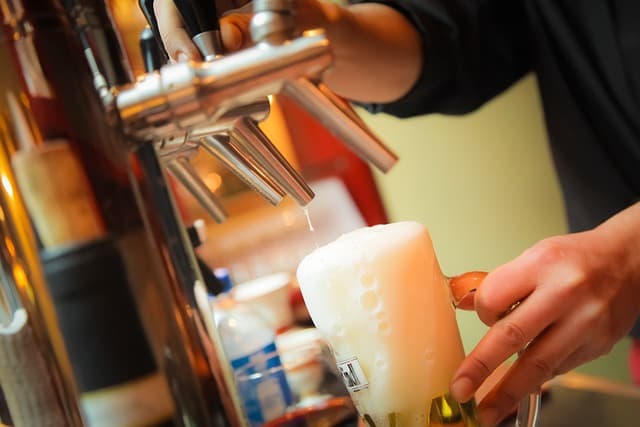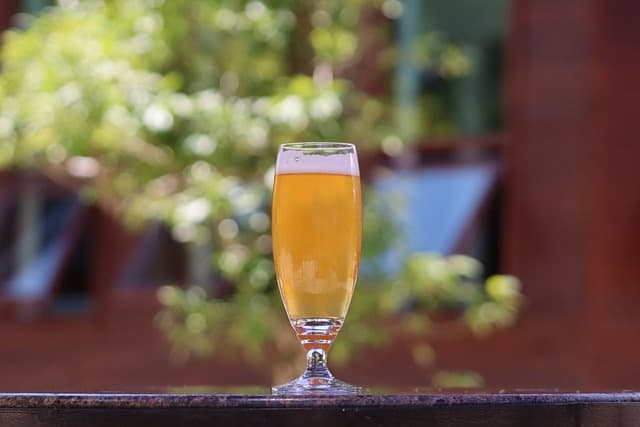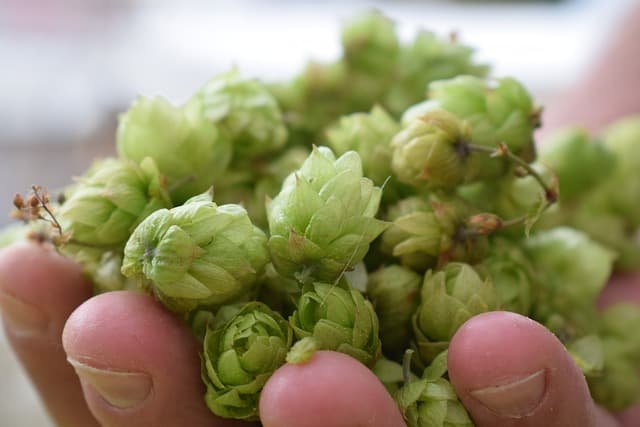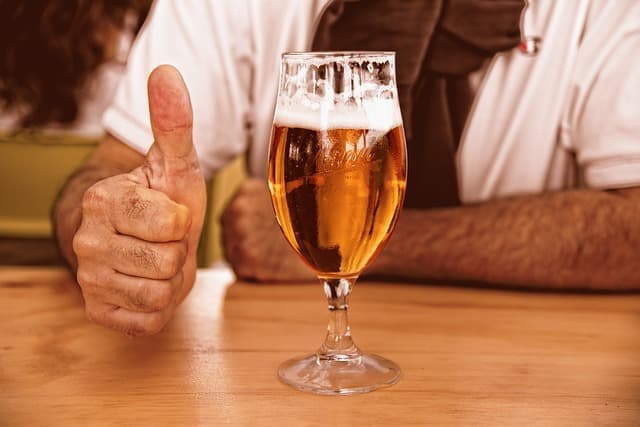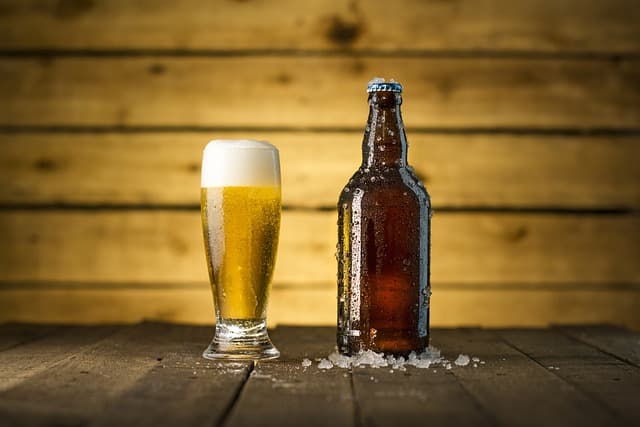Beer festivals have long ceased to be just mass events for lovers of the frothy drink. Today, they have become genuine cultural events that combine gastronomic tourism and active leisure. In Portugal, as in many European countries, interest in such festivals is growing, attracting both locals and tourists from around the world. Immersing oneself in the atmosphere of a beer celebration provides an opportunity to get acquainted with the rich history and traditions of brewing, as well as to enjoy a variety of flavors, from classic varieties to original craft novelties.
In the modern pace of life, where technology takes up more and more space, even online entertainments such as virtual Casinos Apostas become part of leisure after a busy festival day, allowing people to relax and switch off in a comfortable environment.
Origins and Significance of Beer Festivals
Beer festivals have their roots in the centuries-old traditions of regions with a rich brewing history. In Portugal, such events are gaining increasing popularity thanks to the development of craft brewing and support for local producers. Festivals are not just about tasting drinks but are cultural exchanges, opportunities to learn about brewing methods, and to familiarize oneself with the history and legends associated with this beverage. Besides tastings, festivals often feature master classes, brewery tours, and exhibitions where visitors can not only try the drink but also learn how it is made. This creates a full immersion effect in the culture surrounding beer, turning the festival into a bright event of gastronomic tourism.
Gastronomic Diversity and Local Traditions
One of the main attractive aspects of beer festivals is the diversity of flavors and their combinations with local cuisine. In Portugal, food culture is inextricably linked with traditions and regions, and festivals provide a chance to try authentic dishes that perfectly complement various types of beer. Local delicacies, from fresh seafood to spicy meat snacks, enrich the flavor palette, enhancing the pleasure of tasting. In this context, gastronomic tourism becomes especially valuable—tourists can discover not only beverages but also the food culture, traditional recipes, and serving methods. Such festivals often become an occasion for traveling around the region, discovering new places, and meeting local people.
Modern Technologies and Festival Experience
In recent years, technology has significantly influenced the format and perception of beer festivals. Modern platforms allow participants to purchase tickets in advance, familiarize themselves with the program, and learn details about performers and breweries. In addition, digital technologies help attendees select beer varieties that interest them and even track their favorite drinks through special apps. In circumstances where some people prefer to stay at home, online entertainments, including online casinos, become a convenient complement to cultural leisure. This hybrid approach expands participation opportunities and makes festivals accessible to a wider audience, including those who, for various reasons, cannot attend in person.
Social Aspect and Cultural Activities
Beer festivals in Portugal often include not only tastings but also diverse cultural programs. Musical performances, theatrical productions, folk dances, and workshops create a rich festive atmosphere. This is not only entertainment but also an opportunity for participants to get acquainted with the region’s culture, expand their social circle, and immerse themselves in local traditions. Such events help strengthen the local community and support the development of small businesses, including family breweries and artisan workshops. As a result, the festival becomes an important element of cultural leisure appreciated by both tourists and residents.
Impact on Regional Development and Tourism
Beer festivals actively contribute to the development of gastronomic tourism and the strengthening of economic activity in regions. They attract visitors, create jobs, and stimulate infrastructure development—from hotels and restaurants to transportation services. In Portugal, such festivals play an important role in promoting regional brands and products, helping local breweries reach the international level. For tourists, it is an opportunity to discover new destinations and gain a unique experience that goes beyond standard beach vacations. At the same time, gastronomic tourism contributes to preserving cultural heritage and supporting traditions, which is especially important in the context of globalization.
To conclude, it is worth noting that beer festivals are not only a celebration of taste but also a multifaceted cultural phenomenon that combines gastronomy, history, art, and modern technology. For residents and guests of Portugal, such events become occasions for new discoveries, socializing, and vivid impressions. Combined with opportunities for digital leisure, including online casinos, the beer festival becomes a full-fledged and modern form of cultural leisure that meets the demands of a wide range of visitors.
